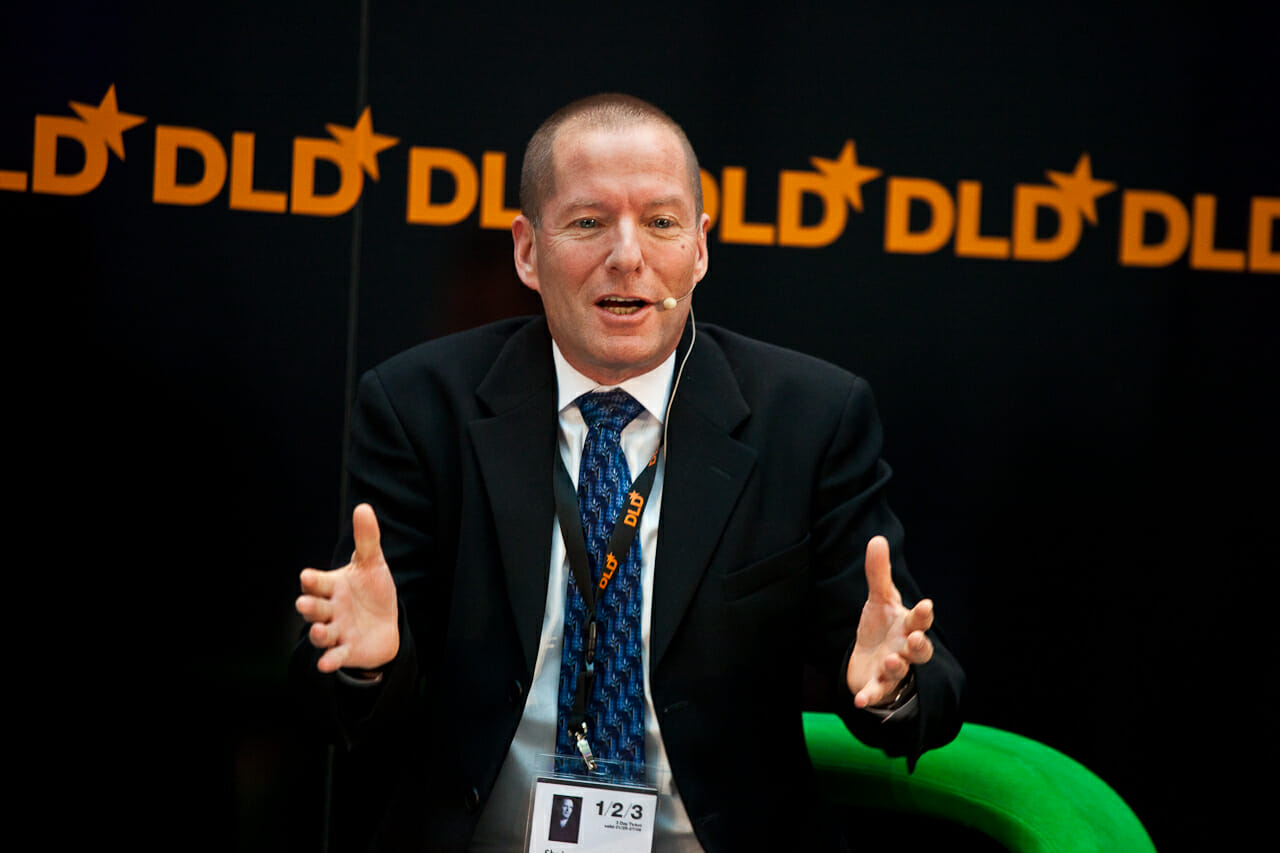
Articles
University of the People Survey Finds 59% of College Non-Completers Want to Return and Finish Their Degree
By Henry Kronk
June 11, 2018
No matter where a student lives, higher education is expensive. Even in countries where tuition is paid for by the government, learners must spend most of the week learning, leaving little room to make a sufficient income to pay the rent. But according to Shai Reshef, president and founder of the University of the People, an institution of higher education, the most expensive degree is one a learner begins, but never completes.
That statement is backed up by a recent poll conducted in conjunction between the Harris Poll and Resef’s institution. From a sample of 450 Americans who had enrolled, but never completed college, a majority expressed the wish to finish their studies.
The Results
What’s more, 59% said they would return to college and complete a degree if they could afford it. 58% said they would if they could work classes into their schedule. Even less controversial, 72% of the so-called non-completers believe they’d have better career opportunities if they completed their degree.

“31 million people started higher education but had to drop out, many of them due to financial reasons and others simply because it wasn’t the right time for them to complete their degree,” Reshef said in a statement. “Most American non-completers recognize the benefits of higher education, but either due to their lifestyle or lack of finances they are prevented from achieving this. Making higher education flexible, affordable, and high quality is the only solution for accommodating the millions of students who need to fit their studies around busy family, work, and life schedules. This is where the future of higher education is heading. This is exactly what we set out to accomplish at University of the People.”
“For a nation that faces a widespread skilled labor shortage, coupled with a growing class of driven but unqualified workers, the findings of this study are critical,” said Catherine Bond Hill, Managing Director of Ithaka S+R and University of the People council member. “Life presents seemingly insurmountable obstacles for many students, but by stopping their education they risk the loss of the significant lifetime benefits of a degree: benefits which extend both to the individual and to the economy at large. This includes better jobs and socioeconomic mobility. Those with a college degree, for example, have median earnings that are about 65% higher than those with a high school diploma.”
University of the People
Reshef’s institution is trying to change that. University of the People offers online accredited degree programs without charging tuition. All educational material is sourced from openly-licensed texts and students do not pay to access it. Instructors teach on a volunteer basis. At the completion of each course, students are asked to pay an assessment fee, which is the only expense of learning via University of the People. When all is said and done, a learner could earn a four-year Bachelor’s degree for roughly $4,000.
“The poll’s findings validate what we already knew based on our student body, which heavily comprises working adults. People are short on time and on money,” Reshef said. “The most expensive degree is not the degree from Harvard or Cambridge. The most expensive degree is the degree started but never finished. It’s the cost of not having a college degree that Americans should be most worried about. The question now is, how can someone today afford not to get a higher education?”
University of the People currently offers two- and four-year degrees in computer science, business, and health science, along with an MBA program. According to the statement, 14,000 learners are currently enrolled from countries all over the world. Of the 6,000 learners enrolled in the U.S., more than 90% are currently working while 70% are raising children. Nearly 60% say they are the first in their family to attend higher education.
Cover Image: Shai Reshef. NRKBeta, Flickr.








[…] READ MORE FROM SOURCE ARTICLE […]
[…] (June) THE AT&T ASPIRE ACCELERATOR CLASS OF 2020 IS DEVELOPING EDTECH AMIDST A PANDEMIC https://news.elearninginside.com/the-att-aspire-accelerator-class-of-2020-is-developing-edtech-amids…/ […]